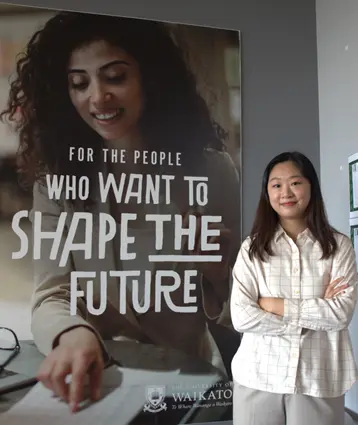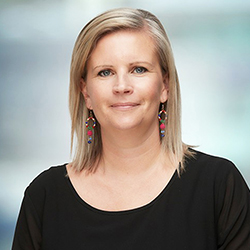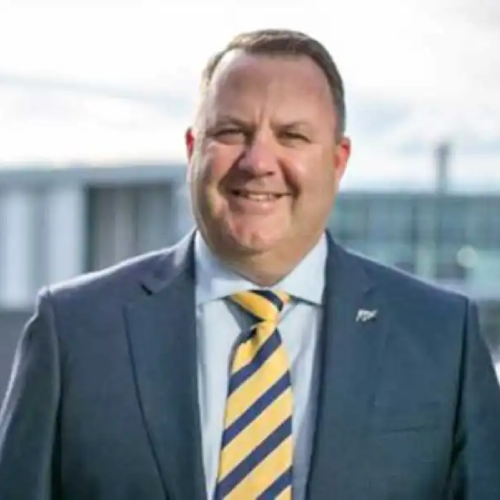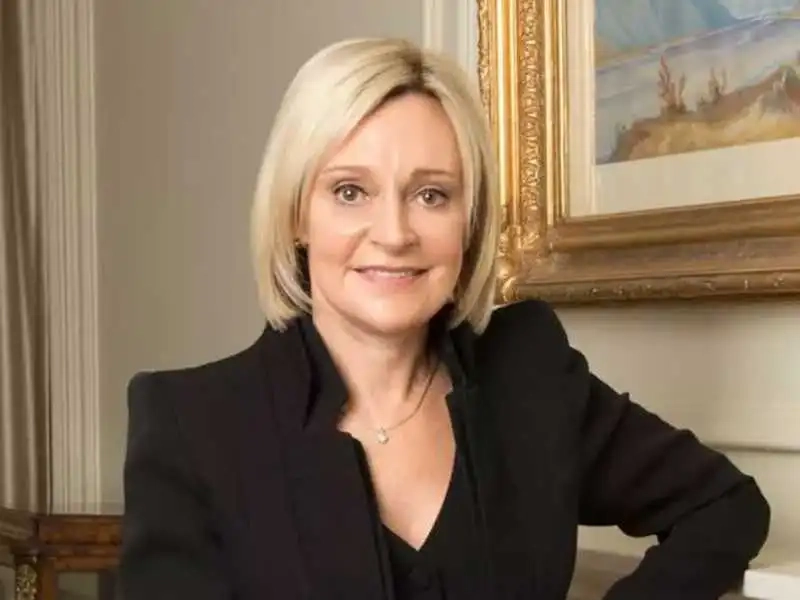Jiabao (Boa) Zhao
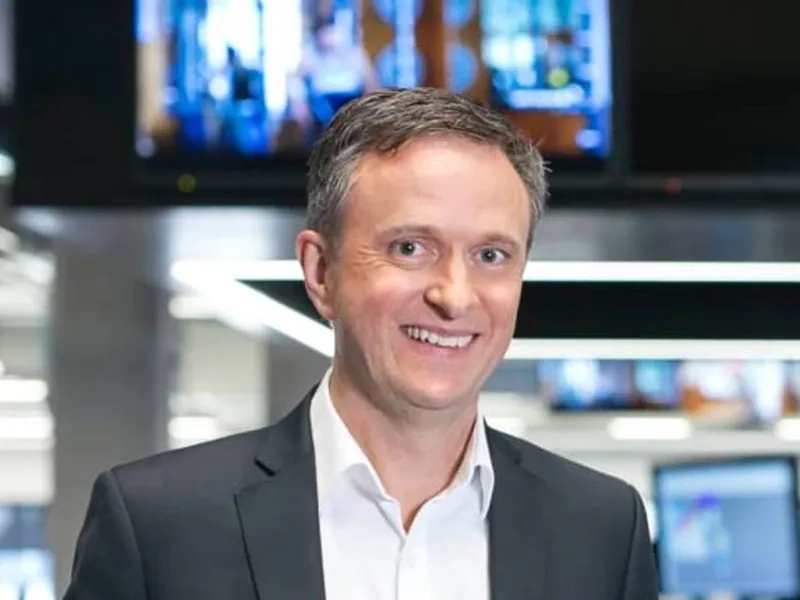
Kevin Kenrick
Bachelor of Management Studies, 1986
Chairman at Good George Brewing
Auckland, New Zealand

Subject(s)
A common theme is woven throughout business leader Kevin Kenrick’s illustrious career – he gravitates towards disruptive industries, including telecommunications, travel, and the media sector.
From 2012 until March 2022, Kevin had a high-profile role as Chief Executive of TVNZ, leading the state-owned broadcaster through a significant period of digital evolution.
“When I joined TVNZ, it was very much a TV company and was confronting its Kodak moment with the undeniable decline in TV viewership,” he says.
“I’ve always believed that change creates opportunities, and it was an exciting time to be a part of the team that refocused the business around the dynamically changing audience needs.”
“TV may have been in decline, but the digital consumption of content was growing exponentially,” says Kevin, who graduated from Waikato with a Bachelor of Management Studies (BMS) in 1986.
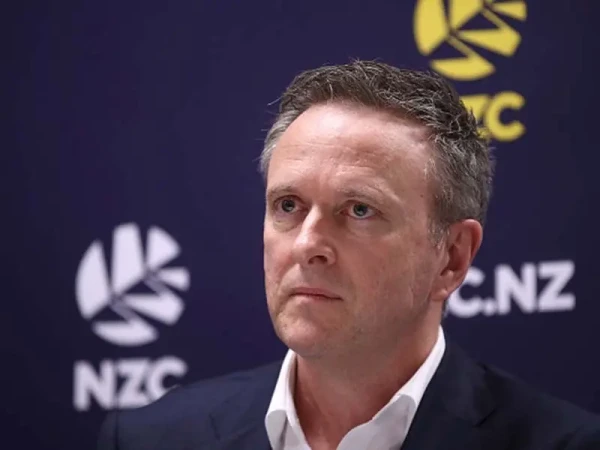
Kevin has an obvious passion for learning about new industries, having taken up a number of governance roles in recent years.
Being a director on the board of the Bank of New Zealand (BNZ) has provided deep insights into the New Zealand economy, he says.
And his recent appointment as Chairman of Good George Brewing – a Hamilton brewery with a quirky attitude to marketing – offers him the opportunity to support the company as it grows.
After finishing high school in Rotorua, Kevin enrolled to study at Waikato Management School with the intention of pursuing a career in accounting or finance. But it wasn’t long before he realised that marketing was his future.
“The variety of areas we got exposure to and the practical experience we got throughout the BMS degree were key points of difference,” says Kevin.
Another highlight was the social side of university and the strong friendships he made with other students, including his future wife, Sara.
Kevin says a particular capping stunt protesting the removal of a tree in central Hamilton resulted in mainstream media coverage.
“Any chance we got to be disruptive and get coverage for it, we were in,” says Kevin. This attitude paved the way for Kevin’s career to come.
Looking back, we had a great grounding in the theory of business leadership; and I was able to complement this by observing the behaviours and skills from the many great leaders I was fortunate to work with.
Kevin Kenrick
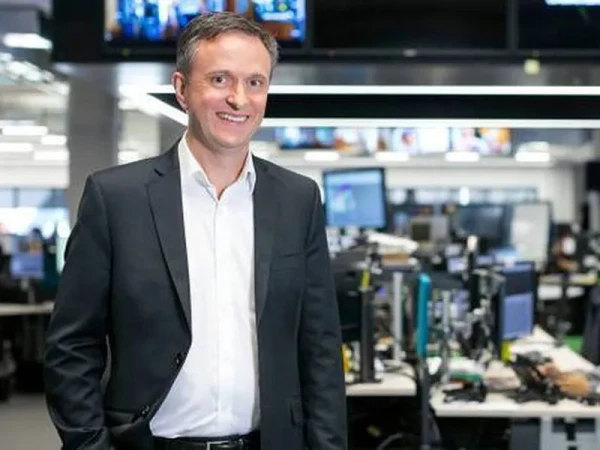
After graduating from university, Kevin took on marketing roles for Carter Holt Harvey and Lion Nathan, before moving into executive roles at Telecom, House of Travel and TVNZ.
A pivotal moment in his leadership development was the shift from a functional manager to a business division leader with Telecom.
Kevin credits his studies at Waikato Management School as helping him through this journey. “Looking back, we had a great grounding in the theory of business leadership; and I was able to complement this by observing the behaviours and skills from the many great leaders I was fortunate to work with.”
Kevin’s marketing background has also put him in good stead to keep customers’ wants and needs top of mind.
“With two million Kiwis watching TVNZ content every day, there was no shortage of opinions about the choice of programming on offer, how news stories were covered, and the merits of on-screen presenters. This level of engagement, combined with TVNZ’s Government ownership, led viewers to feel a strong sense of ownership.”
Kevin says the best way to cope with that level of scrutiny as a leader was to embrace the fact that people cared about what the business did and how it did things.
“I’d rather have people care than not. The wealth of feedback also ensured you had plenty of insights into what customers wanted.”
Kevin’s advice to young leaders is to adopt a curious mindset and constantly seek out opportunities to learn.
“Apply for roles that provide a balance between what you can contribute and what you can learn. If you’ve already got 90% of the skills required for the role, you’ll learn a lot less than one we you only have 50% of the skills when applying.”

Subject(s)

